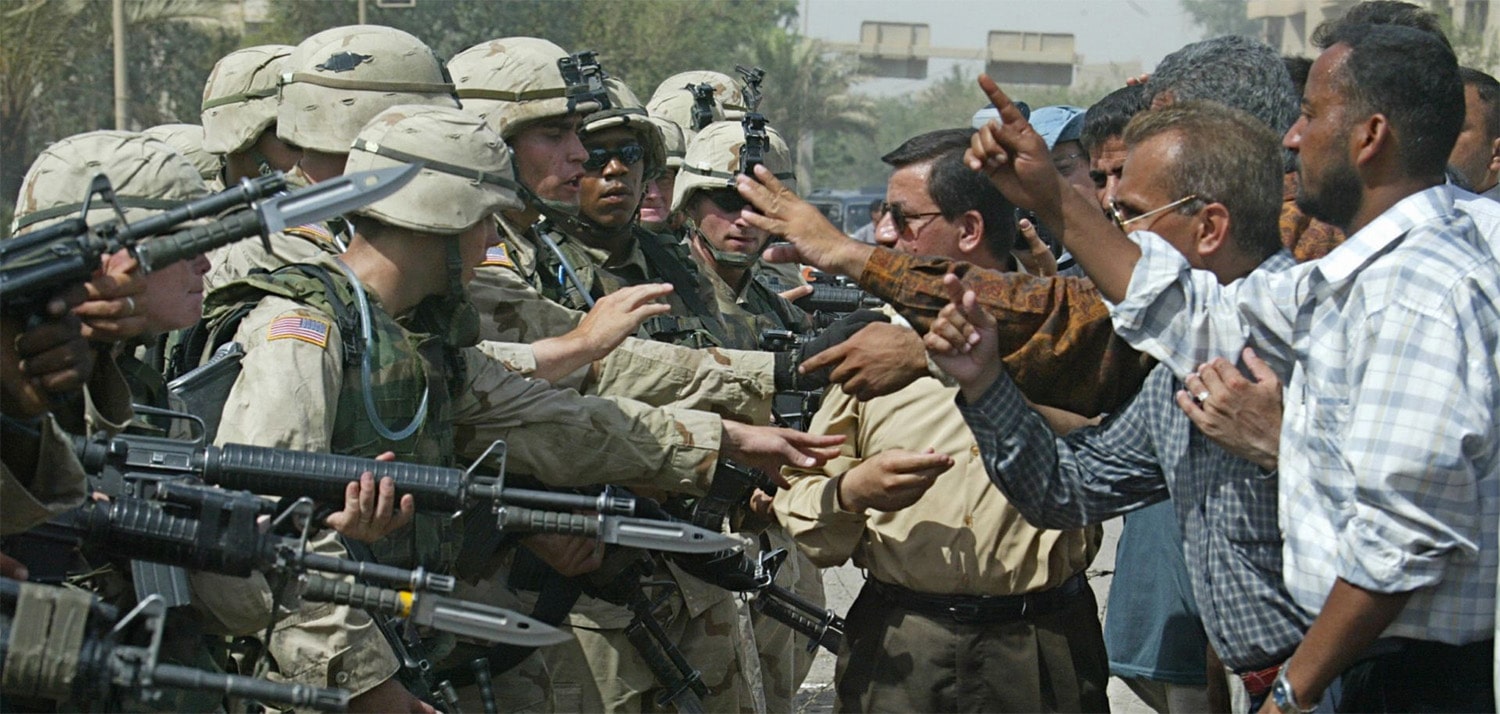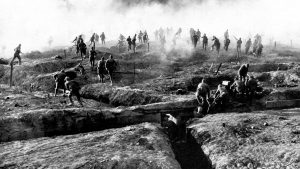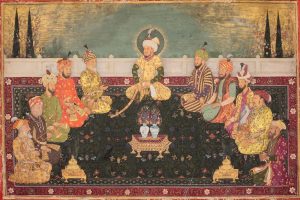
30 interesting facts about Iraq War
- 👁️ 1152
The Iraq War, initiated in 2003, remains one of the most significant and controversial conflicts of the early 21st century. Sparked by the United States-led coalition’s aim to eliminate alleged weapons of mass destruction (WMDs) and end Saddam Hussein’s reign, the war has had profound implications for global politics, security, and the people of Iraq. Despite the initial military success, the conflict evolved into a protracted insurgency, leading to a complex situation with deep ramifications. The war’s impact on international relations, regional dynamics, and the Iraqi populace cannot be overstated. Here are 30 interesting and informative facts about the Iraq War that provide insight into its causes, progression, and consequences.
- The Iraq War began on March 20, 2003, with a campaign known as “shock and awe” aimed at quickly defeating Iraqi forces.
- It was primarily led by the United States, with significant support from the United Kingdom, Australia, and Poland.
- The main justification for the invasion was the alleged possession of weapons of mass destruction by Iraq, which was never substantiated.
- Saddam Hussein, the President of Iraq, was captured on December 13, 2003, in a small underground bunker near Tikrit.
- The conflict officially ended for the United States on December 18, 2011, when the last U.S. troops withdrew from Iraq.
- Over the course of the war, it’s estimated that over 100,000 Iraqi civilians were killed.
- The war led to the displacement of millions of Iraqis, both internally and as refugees abroad.
- The conflict saw the rise of insurgent groups, including Al-Qaeda in Iraq, which later evolved into the Islamic State (ISIS).
- The Iraq War was part of the United States’ broader “War on Terror,” which began after the September 11, 2001, attacks.
- The war significantly increased global oil prices due to disruptions in Iraqi oil production.
- Abu Ghraib prison scandal, where Iraqi prisoners were abused by U.S. military personnel, became a major international controversy in 2004.
- The Coalition Provisional Authority (CPA) was established as the temporary governing body of Iraq following the invasion.
- The CPA’s decision to disband the Iraqi army in May 2003 is considered by many analysts to have contributed to the subsequent insurgency.
- In 2005, Iraq held its first democratic elections in decades, leading to the formation of a new Iraqi government.
- The war led to significant debates and divisions within international diplomacy, notably in the United Nations Security Council.
- It’s estimated that the war cost the United States over $2 trillion.
- The use of private military contractors was extensive, with companies like Blackwater playing significant roles.
- The war caused significant damage to Iraq’s historical and cultural sites, including the looting of the National Museum of Iraq.
- The conflict led to significant environmental degradation, including pollution from military operations and damaged infrastructure.
- The sectarian violence between Shia and Sunni communities in Iraq was exacerbated by the power vacuum after Saddam’s fall.
- The Kurdish region in northern Iraq gained semi-autonomy and relative stability compared to the rest of the country.
- Saddam Hussein was tried by the Iraqi Interim Government and executed by hanging on December 30, 2006.
- The war spurred significant anti-war protests around the world, including one of the largest global protests in history on February 15, 2003.
- The “surge” strategy in 2007, involving the deployment of additional U.S. troops, was credited with reducing violence in Iraq.
- WikiLeaks’ release of classified documents in 2010 exposed numerous details about the war’s conduct and civilian casualties.
- The war played a significant role in the 2008 U.S. presidential election, with Barack Obama promising to end it.
- The rebuilding of Iraq’s infrastructure has been slow, with many areas still lacking basic services.
- The war contributed to a shift in the Middle East’s power dynamics, particularly enhancing Iran’s influence in the region.
- Several countries, including Spain and the Philippines, withdrew their troops from Iraq during the conflict due to political and public pressure.
- The Iraq War has been the subject of numerous films, documentaries, and books, attempting to analyze and reflect on the conflict and its aftermath.
The Iraq War, with its complex origins and tumultuous legacy, has left an indelible mark on the fabric of international relations and on the lives of millions of Iraqis. It serves as a stark reminder of the consequences of military intervention and the uncertainties of nation-building. The lessons drawn from this conflict continue to shape global security policies and diplomatic strategies. As history unfolds, the Iraq War’s full impact on world affairs and its place in the annals of history will be more deeply understood and reflected upon.











